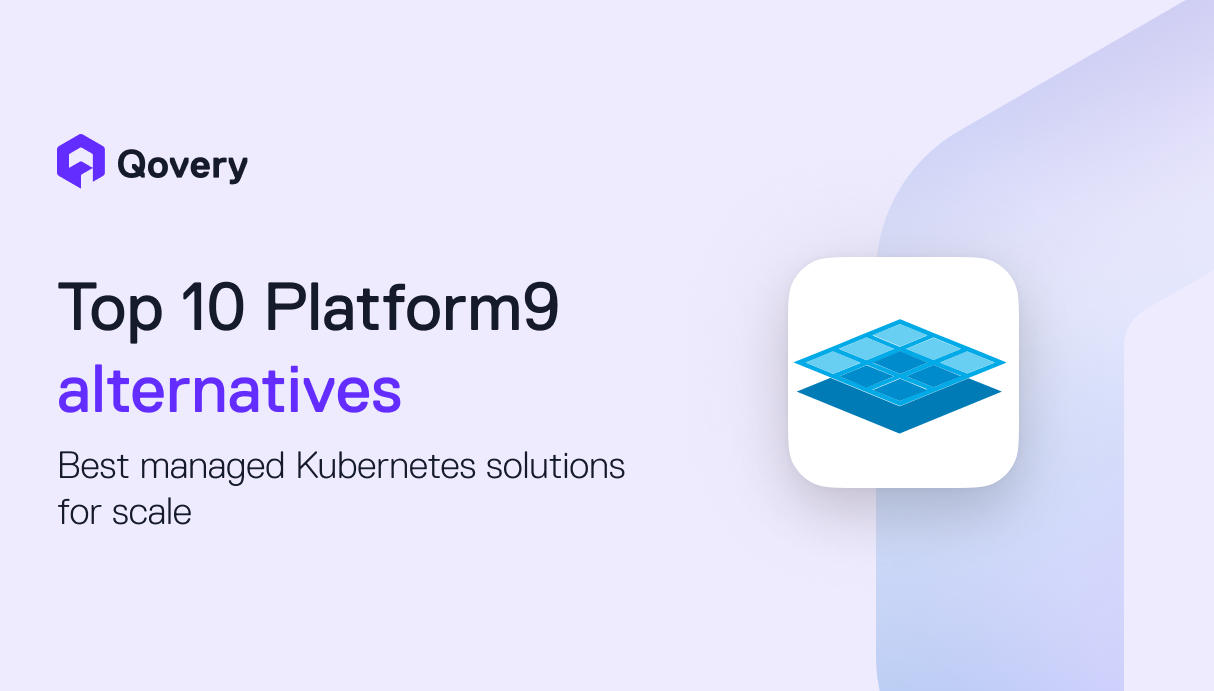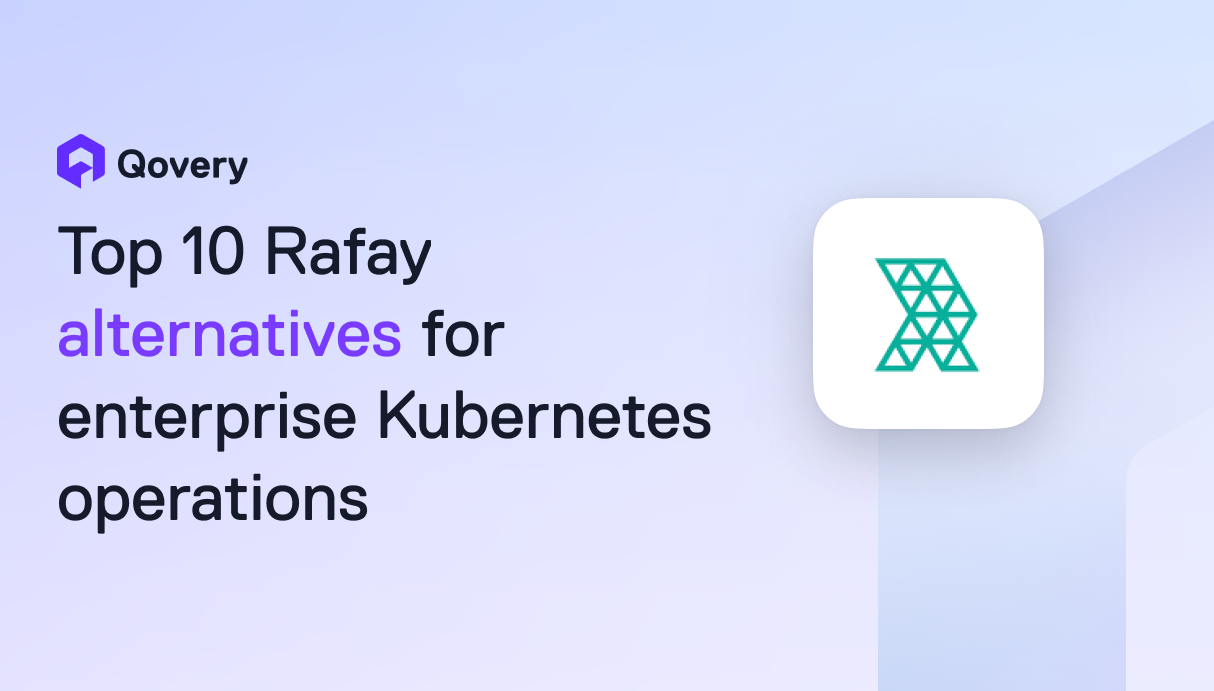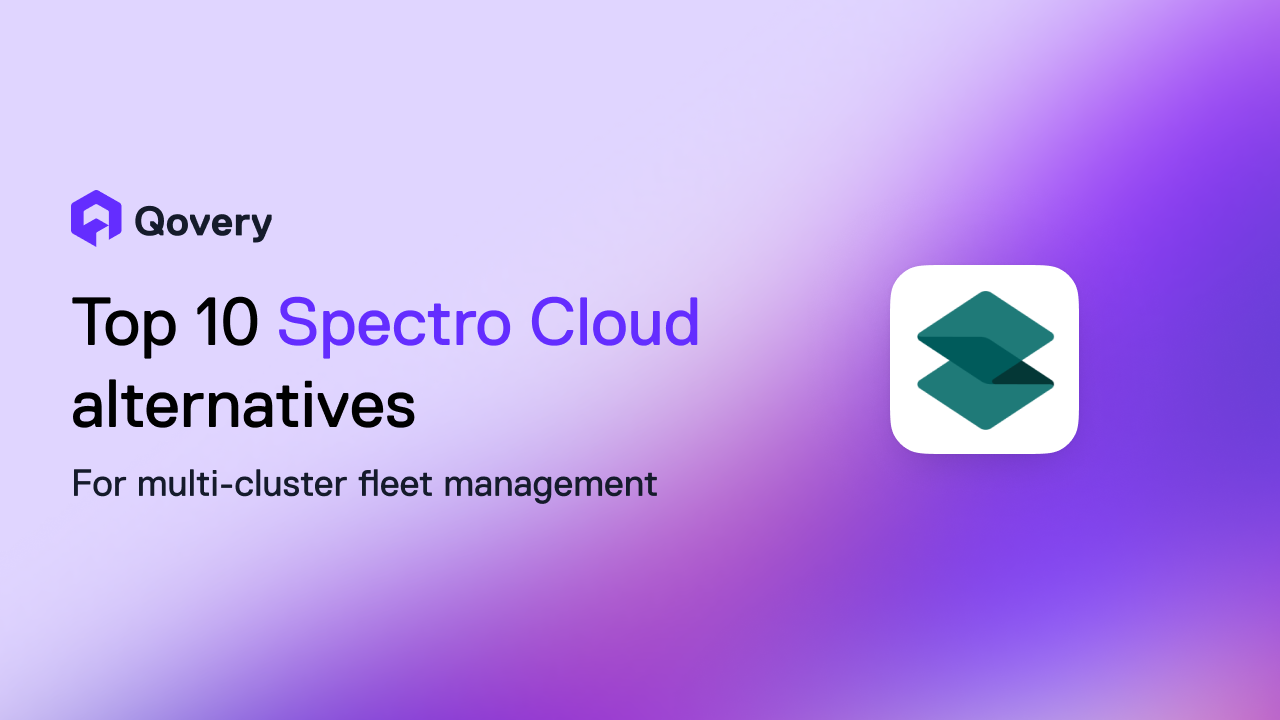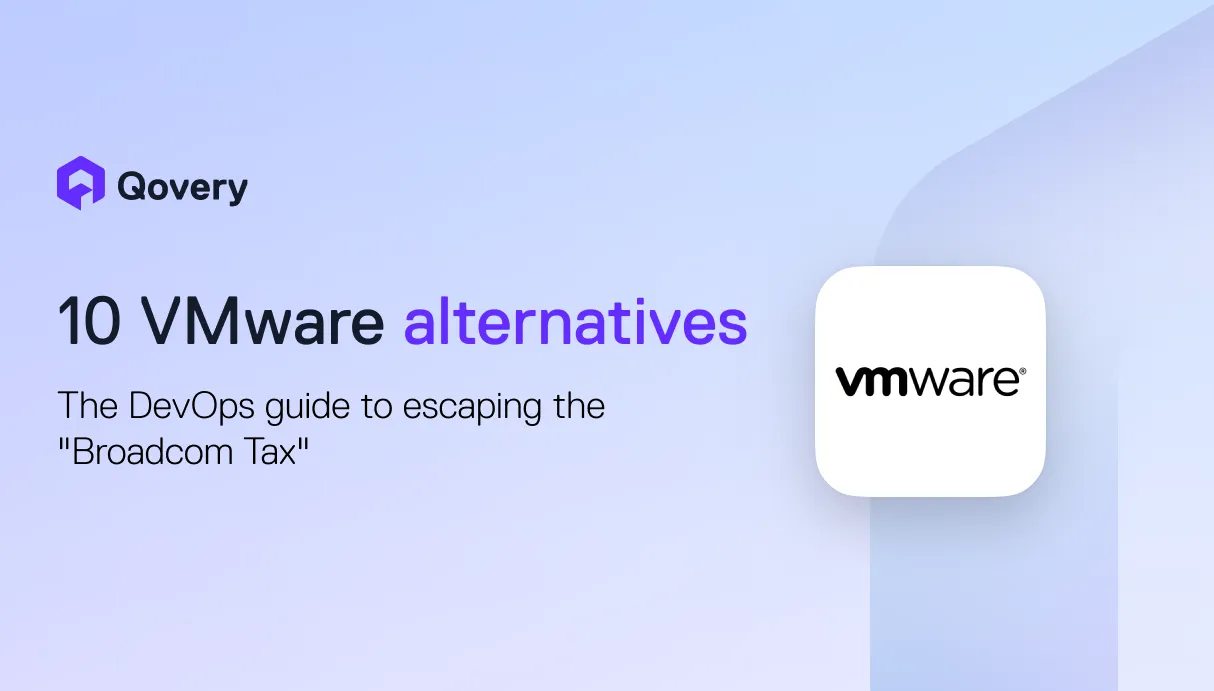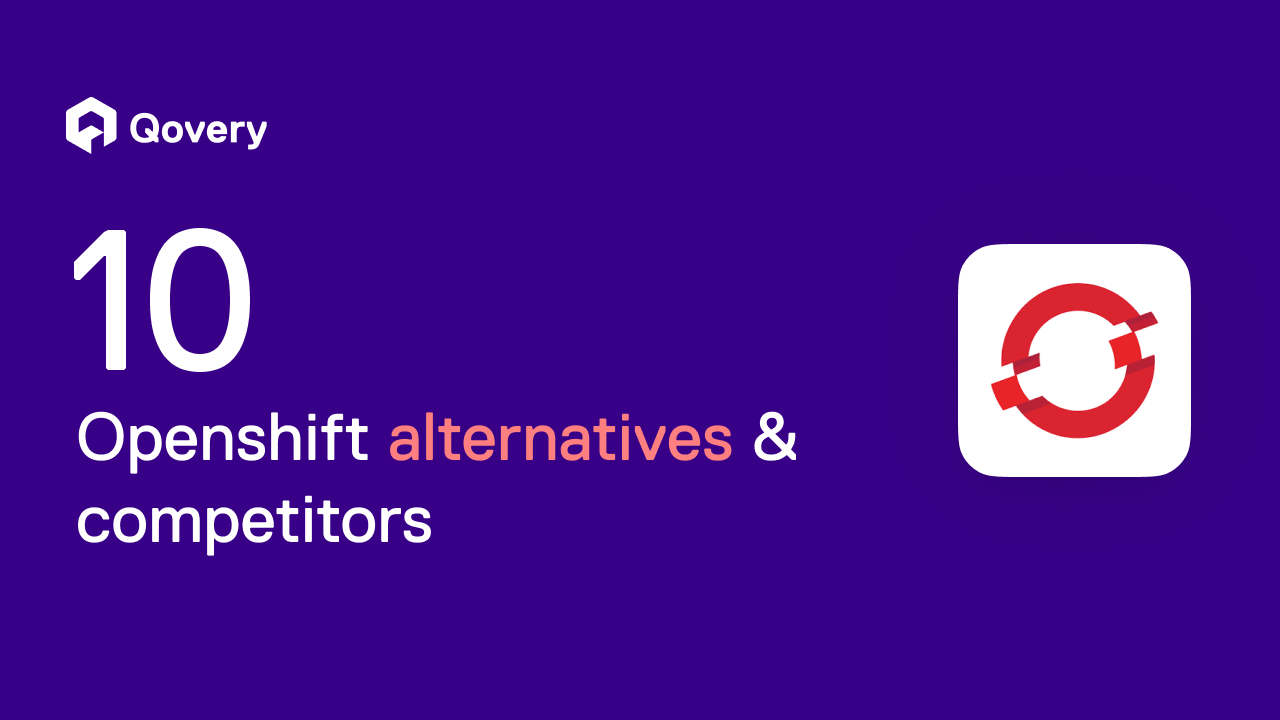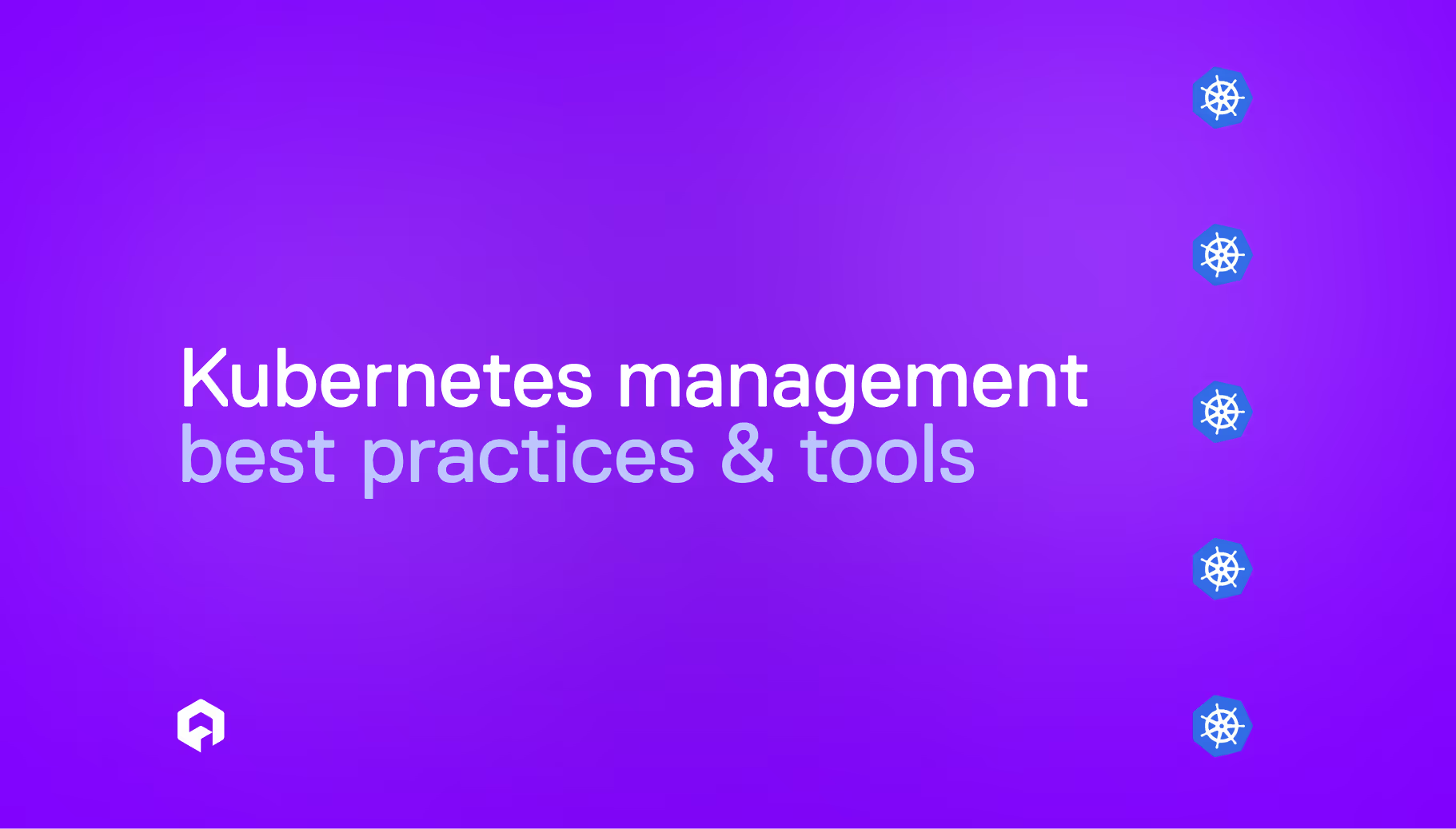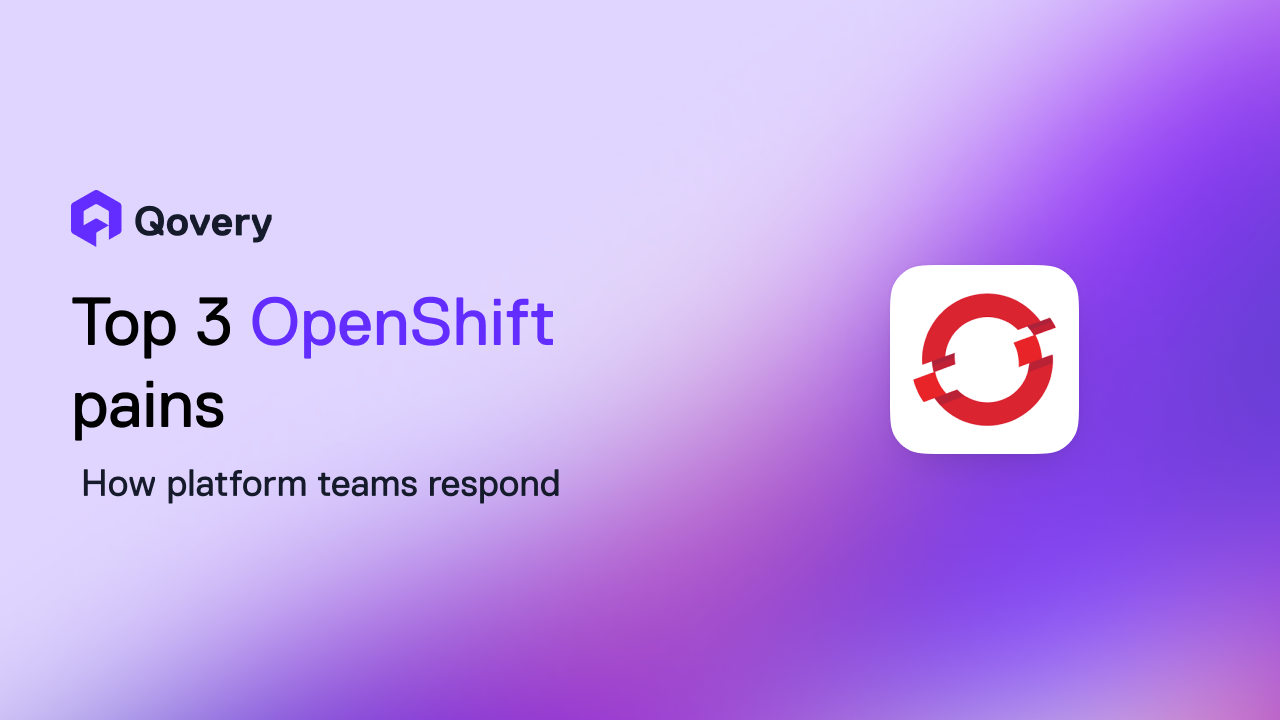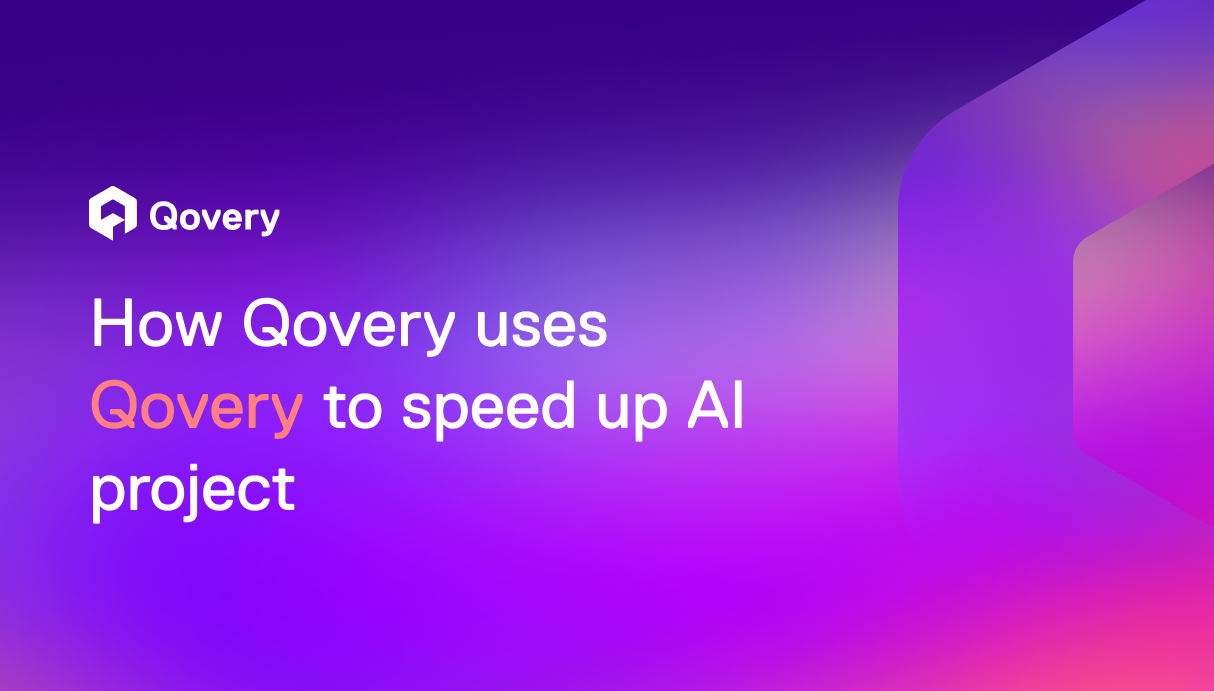

Kubernetes Tips: How to find the Port of a Service with a DNS request

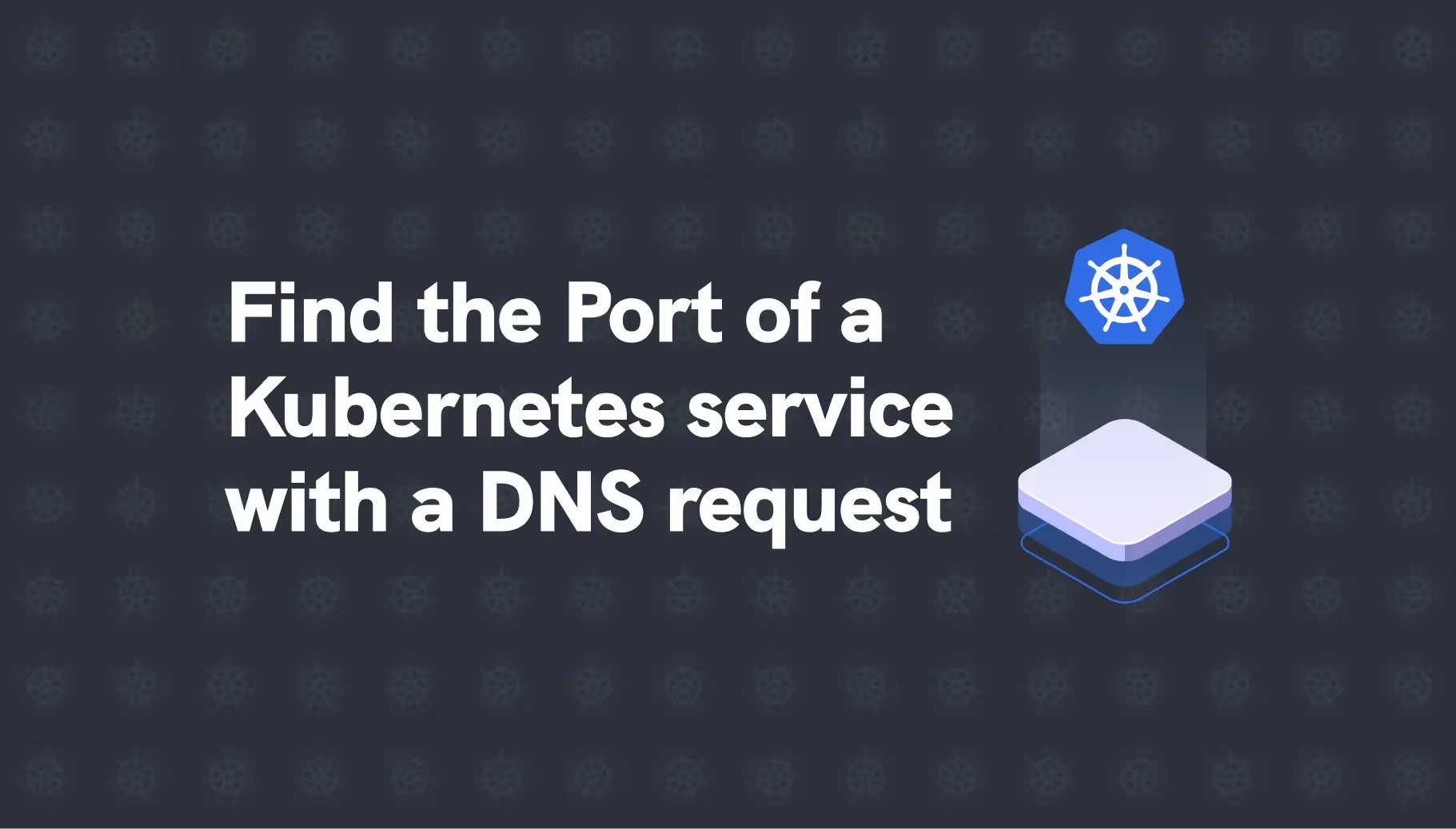

The tip
As you probably know, DNS service runs on Kubernetes to resolve the local service names. When your app A needs access to an app B from the same namespace, you will use it as a root domain "app-b.svc". Then your app will look at the nameserver to target (the one running on Kubernetes) and request to resolve "app-b.svc" into an IP address. For your application, it is transparent.
I don't want to make it too long, so here is the DNS request to get the port of a Kubernetes service:
You should get an output similar to this one:
Not clear enough? Here is a request to get only the port
Yes, the port is 80!
How does it work
A DNS service is a database of records. You can see it as a KV store (it is a bit more complex, of course). You can store and return much more than just the IP address. This is what happens here. By asking the DNS service to resolve the SRV record of "*._tcp.app-z082e36c4.z489e9616-z209c3fd6.svc.cluster.local" I get the following answer.
The SRV record is used as a Service Discovery record. The structure is the following: "IN SRV 0 100 <port> <service>.<ns>.svc.<zone>."
Conclusion
Thanks to Romain Gerard - Software Engineer @ Qovery, for this tip that saves my day 😍
This trick is directly used in my API Gateway run.sh script and is super helpful for our customers. You know how to get the port of one of Kubernetes services right from one of your apps now.

Suggested articles
.webp)



.svg)
.svg)
.svg)
